16 Writers/Artists/Thinkers Share Book Recommendations
Along with suggestions for photographers, music, documentaries and more that are worth checking out in the realm of art+mental health
I am humbled by how many inspiring writers/artists/humans have shared their thoughts with me in interviews over the years, expanding my world view and making me excited about the work being done in this world. One of the questions I always ask towards the end of the interview is what the person recommends I read (or watch/listen to/ learn about) next. Since my interviews are typically about the complex relationship between art and mental health, most of the recommendations relate directly to that, although sometimes the connection is a little subtler. Here are the recommendations I received from interviews in the past year or so, along with links to the original interviews here on Substack.
said,said:“I am a huge fan of Tori Amos. She’s a prolific and powerful musician, and was one of the first people to directly address the trauma from sexual assault in her music. She has spoken about trauma recovery not only in her music, but in interviews and her own writing. She has always been a wealth of inspiration for me. Her recent book - Resistance: A Songwriters Story of Hope, Change and Courage - is a fascinating insight into her process.”
“I taught a course at my work called Writing and Healing, and the central textbook for that is a lovely writing manual called Writing As A Way Of Healing by Louise deSalvo. It’s a really helpful book when it comes to personal writing.”
Nessa Nachelle said:
said:“Two of my favorite books that helped me work through my depression a bit were “Already Enough: A Path to Self-Acceptance” by Lisa Olivera. In it, Lisa Olivera explains what it means to be seen as ‘Enough,’ even when you’re feeling like you’re not. She reflects and uses examples that helped me open my eyes a bit more on the idea of what I struggle with the most: perfectionism.
The other book I really highlighted in my life that helped with my anxiety a little bit, was “Calm the %*@# Down” by Sarah Knight. In her book, Sarah Knight does a good job captivating a younger adult audience who struggles with anxiety and how to control the things you can control as well as how to separate what you can’t control.
They are both really good books, and two books that you can kind of flip through until you find the pieces of them that speak to you the most.”
“A great book for writers that deals a bit with mental health is called, "Writing Down the Bones: Freeing the Writer Within." Written by Natalie Goldberg. It's not completely concerned with mental health, but does offer a way to look at your writing in a more "sane" way.”
Leon Macfayden said:
“The best book to improve writing skill is "On Writing Well" by William Zinsser. I also like "Smart Brevity.””
Jane Clark of Story Carrier: Jane Clark's Substack recommends reading Marion Woodman and Jung
shares:recommends reading Bittersweet by Susan Cain suggests:“Have a look at my friend Christine Hager-Braun who makes art directly about mental health and her experience of depression with a view to helping others.”
“Mike Rose has some pieces on writer’s block. James Pennebaker wrote about writing to heal trauma. Susan McLeod writes about emotions and writing. Czikszentmihalyi’s work on Flow is great.”
Bunni said:
said:“The Psychopath Inside would be a good option. It doesn’t hold a real artistic relation; however, the book allowed me to realize the complexities of the human mind are present in people that function just fine. And it made me see things as being more than simply a straight line spectrum. There are several branches and turns that are beyond an ability to communicate what makes a person fit the label that they would be traditionally given based on borderline information and generalization.”
said:“Lots of artists and writers suffer from depression and anxiety, and it's killed many of my favorites, so I would say it's been a pretty terrible thing that affects all creative industries. So many artists and writers are paralyzed by their mental health; they can no longer create or are paralyzed by fear so badly that they prevent themselves from sharing their work with the world. Anthony Bourdain is the one whose death rocked me to my core. I always used him as an example of somebody with depression who still found success and joy. I still have trouble looking at pictures of him even though I know that's not fair to him. Robin Williams is another one that took a lot from me. Sylvia Plath, Hunter Thompson, Virginia Woolf, Ernest Hemingway, and David Foster Wallace are the ones people usually bring up along with Kurt Cobain.”
said:“My path to my favourite photographers is one often tread, I think. I began in Waterstones not long after buying a camera. I picked up a Cartier-Bresson retrospective and fell in love. I often wonder what would have happened had I picked up an Ansel Adams book instead. Would I have forsaken the streets for the hills of Scotland? From there I found my way to the Magnum Photos agency and from Magnum to photographers such as Elliott Erwitt, Josef Koudelka, and one of my idols, Richard Kalvar. Stepping away from Magnum, Robert Frank, Andre Kertesz, and Garry Winogrand join Kalvar and Erwitt as solid favourites and major influences.
Though I adore so much music, from the Beatles to Baloji, the enduring love of my life has been the Scottish indie music scene. Bands such as Belle and Sebastian, The Delgados, Mogwai, Arab Strap, Idlewild, and Teenage Fanclub changed my life.”
shared:“Many writers and others have inspired me and helped me live with depression. They have reduced my shame and given me the courage to tell the truth about my mental health. The writers I resonate with and appreciate the most right now are Glennon Doyle, Anne Lamott, Kate Bowler, Elizabeth Gilbert, and Nadia Bolz-Weber. The mental health professionals whose research and teachings have benefited me the most are Dr. Gabor Maté and Dr. Richard Schwartz. Dr. Maté emphasizes how societies negatively affect individuals’ mental health and reward unhealthy behaviors like overworking and compulsive shopping that fuel economic growth. Dr. Schwartz founded Internal Family Systems (IFS), the most fascinating and fun kind of therapy I’ve ever studied or experienced.”
For painting, my favorites are Caravaggio, Jusepe de Ribera, and Rembrandt.
Music, now that’s a big topic for me and dear to my heart. When I was younger I taught music professionally and I continue to listen widely. Here is a sampling of some of my current favorites I have on rotation:
Giiovanni de Paestrina, Sicut Cervus. This is my candidate for the most beautiful song ever composed.
American Minor, Buffalo Creek. A mid-2000’s southern rock band that unfortunately didn’t make it but really deserved to. This song recounts the Buffalo creek disaster.
Ben Rector, Living My Best Life, a cool song about the joys a marriage and fatherhood
Vulfpeck, Animal Spirits, my daughter’s favorite song
My favorite all-around writer is probably Michel de Montaigne, and he’s a first-rate psychologist to boot. Cervantes’ Don Quixote is always delightful, and I think in our quixotic time we can find a lot to relate to in the protagonist and his quest. I have a long and ambivalent relationship with Stoicism, but I’d recommend Seneca to anyone. Adam Smith’s Theory of Moral Sentiments is a sadly underrecognized book on human nature. I could go on and on about the classics, especially fiction, which we don’t read enough of. I think the most recent fiction I finished was The Three-Body Problem, which was fantastic.
And one anonymous contributor to my interviews said:
“The documentary The electrying life of cats (something like that) this guy has various mental health problems but ends up changing the world with his paintings of cats. It’s based on a true story I believe. He makes cats a household pet in the modern world with his prolific artwork on them.”
Want to share your own recommendations and responses to questions about the relationship between art and mental health?
You can answer a visual interview here or answer in words here.

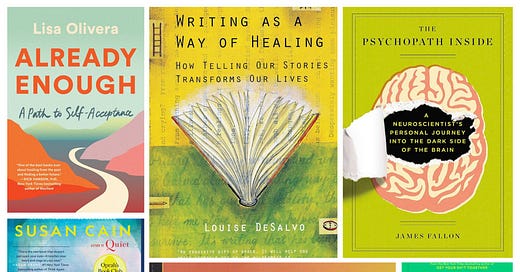



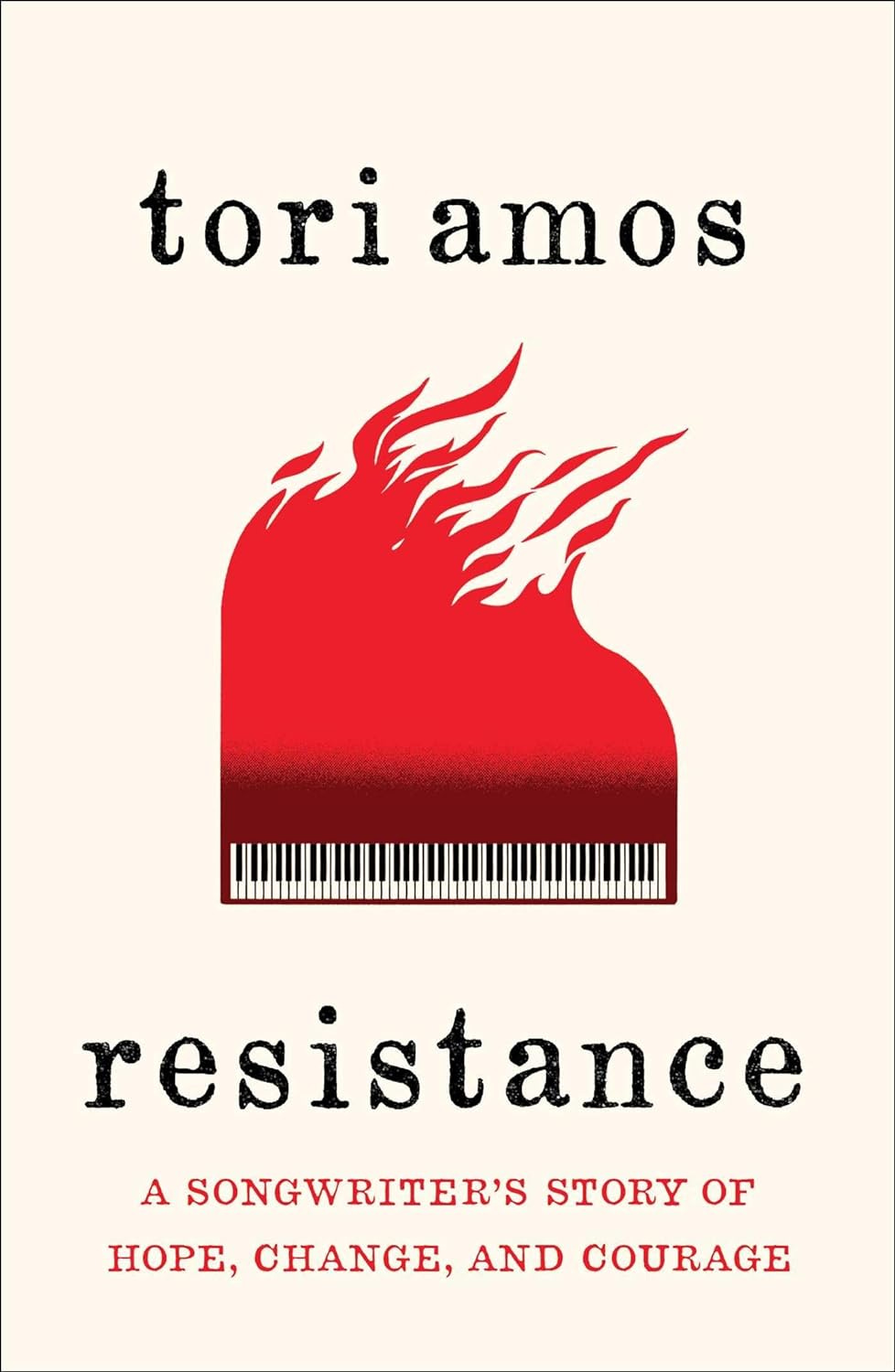
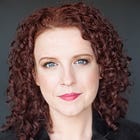
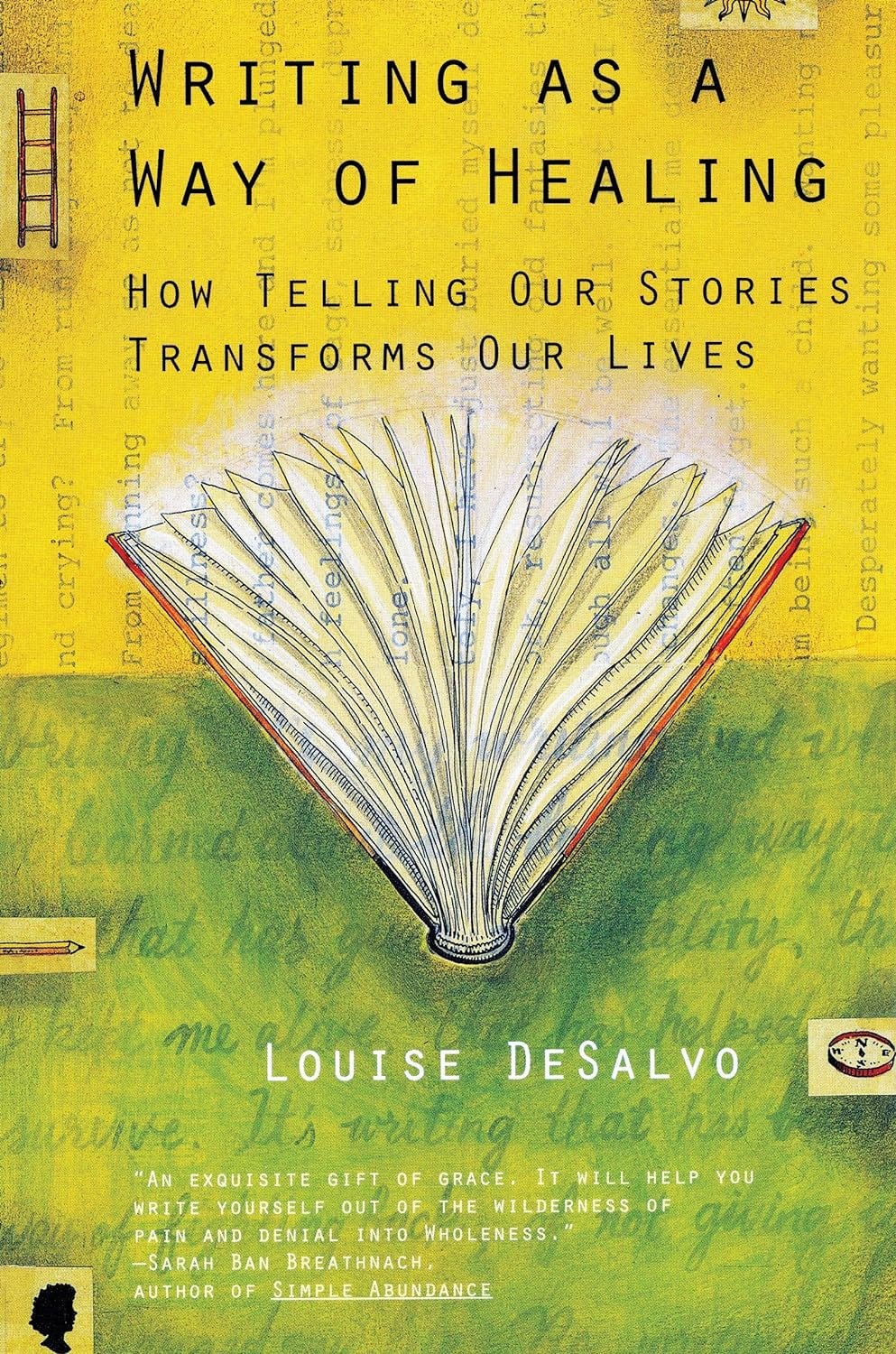
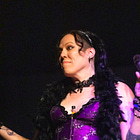
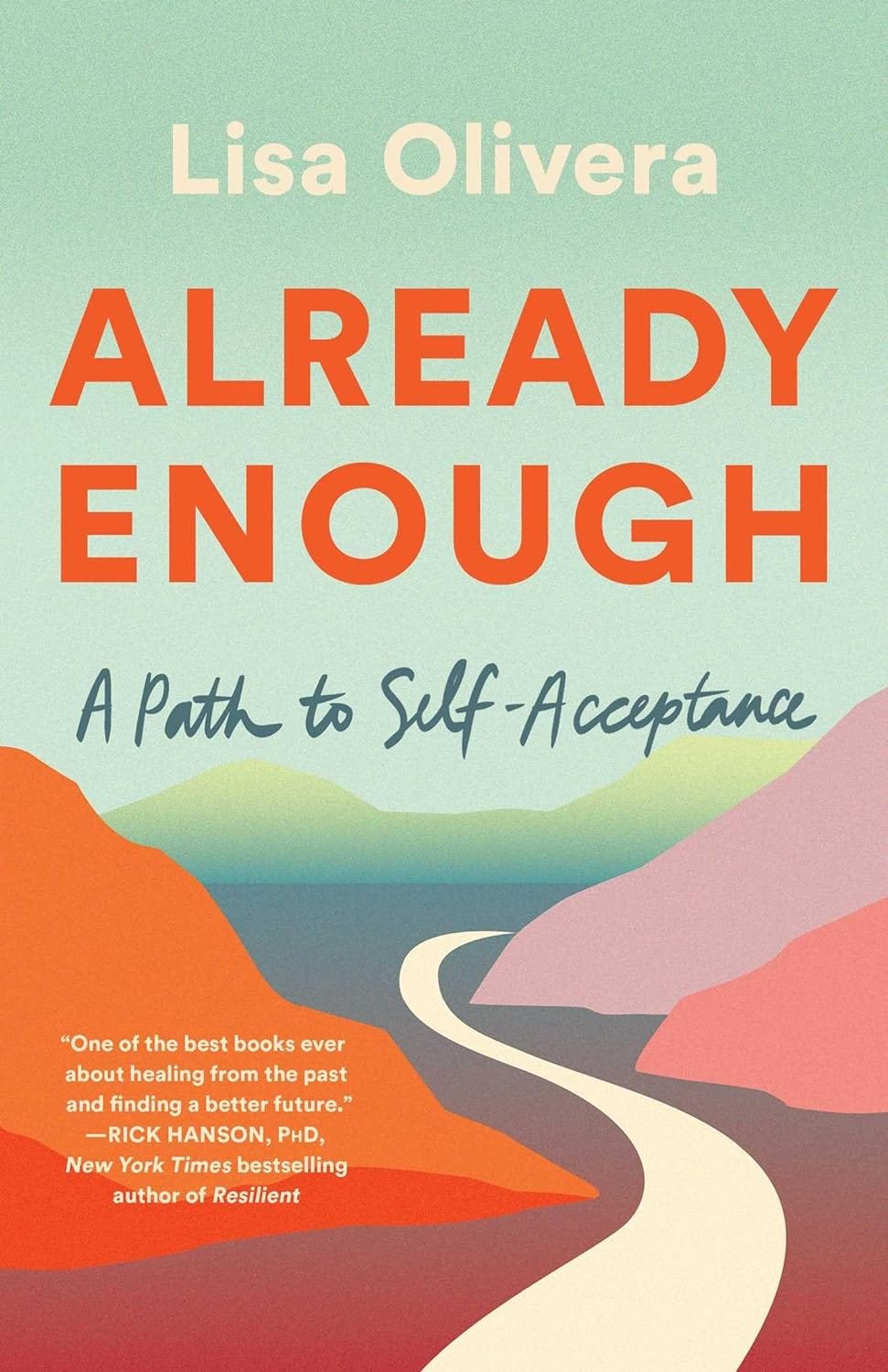
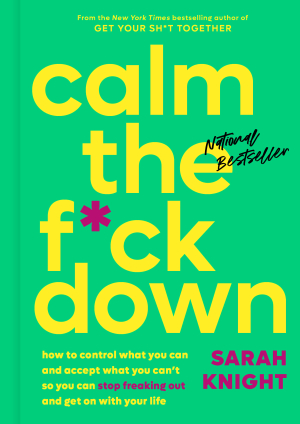
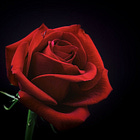
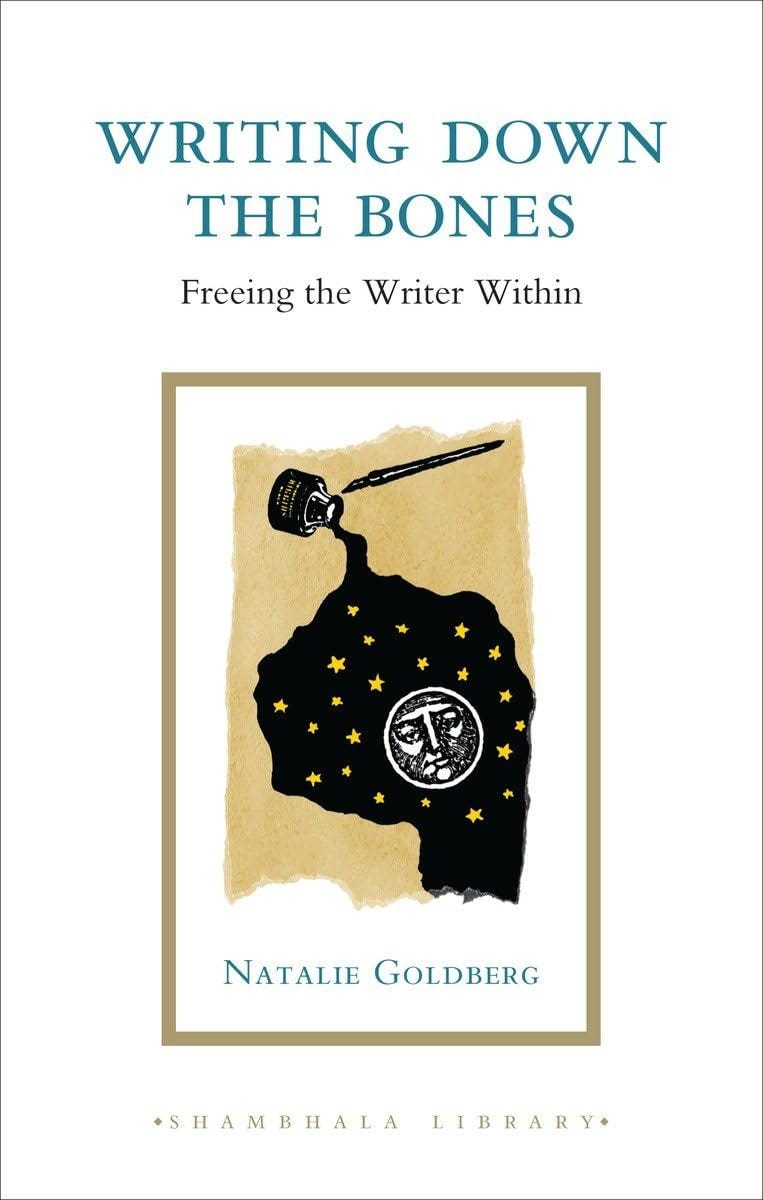
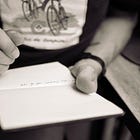
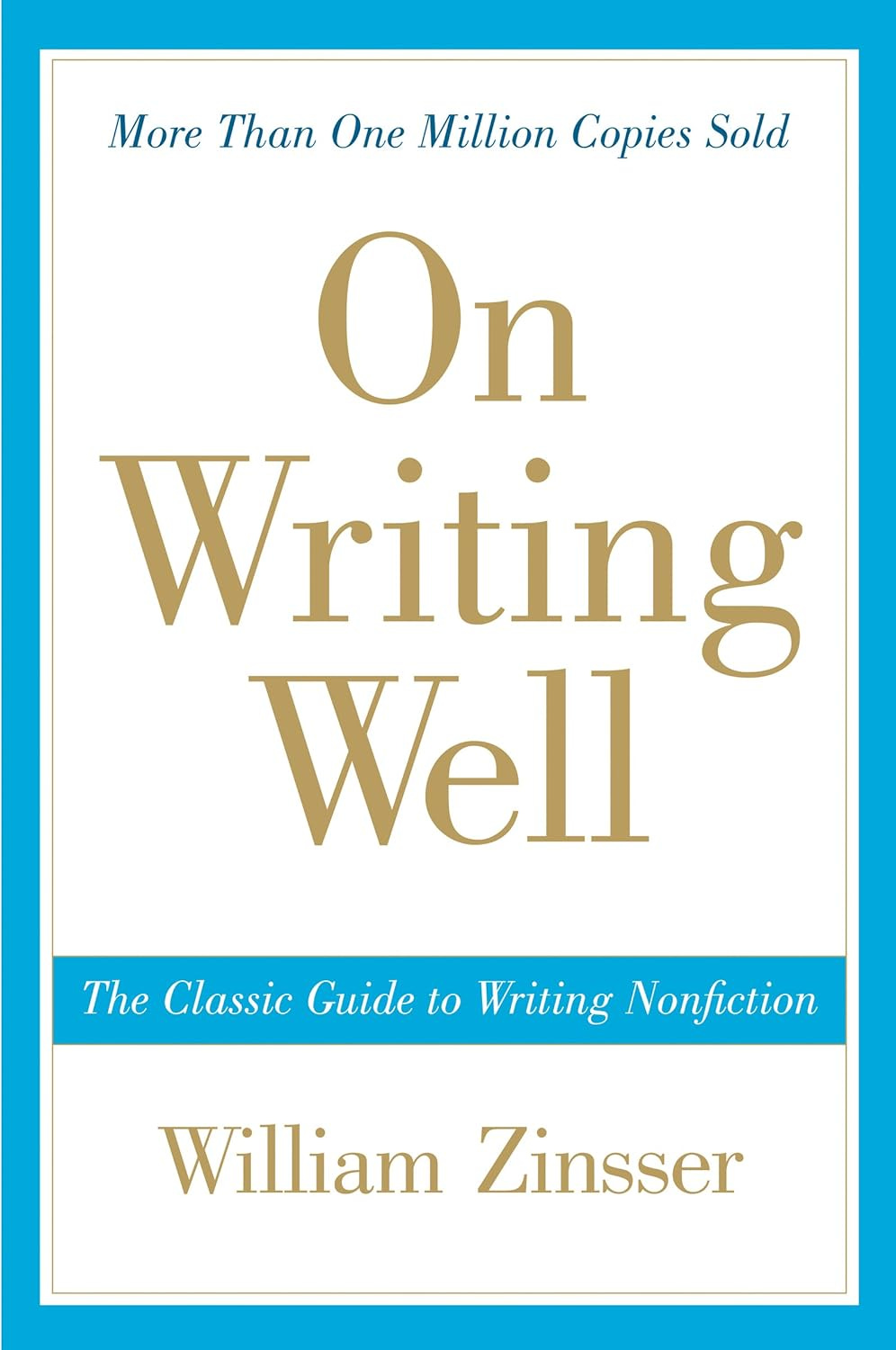
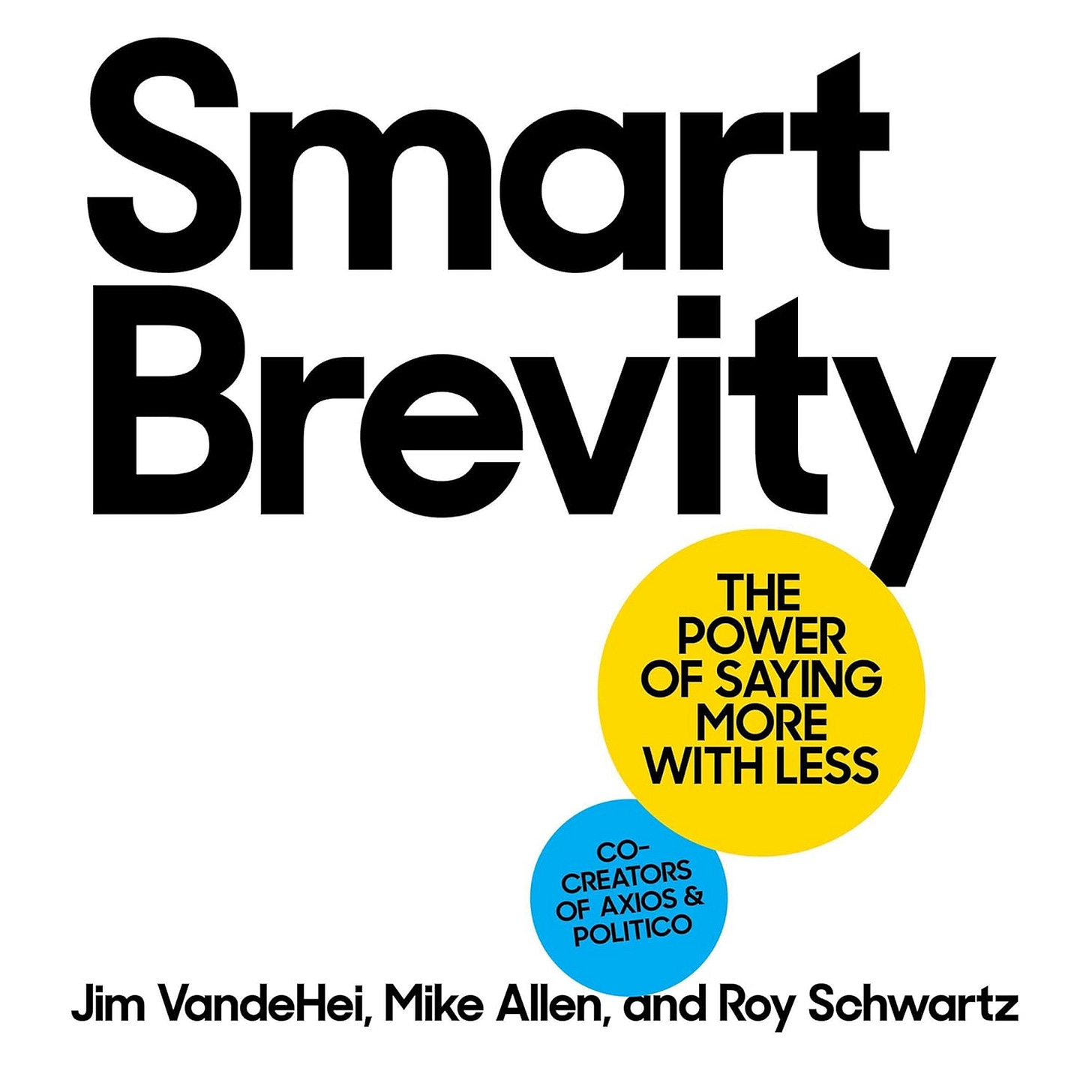
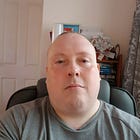

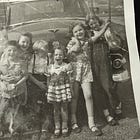

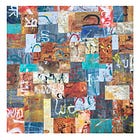
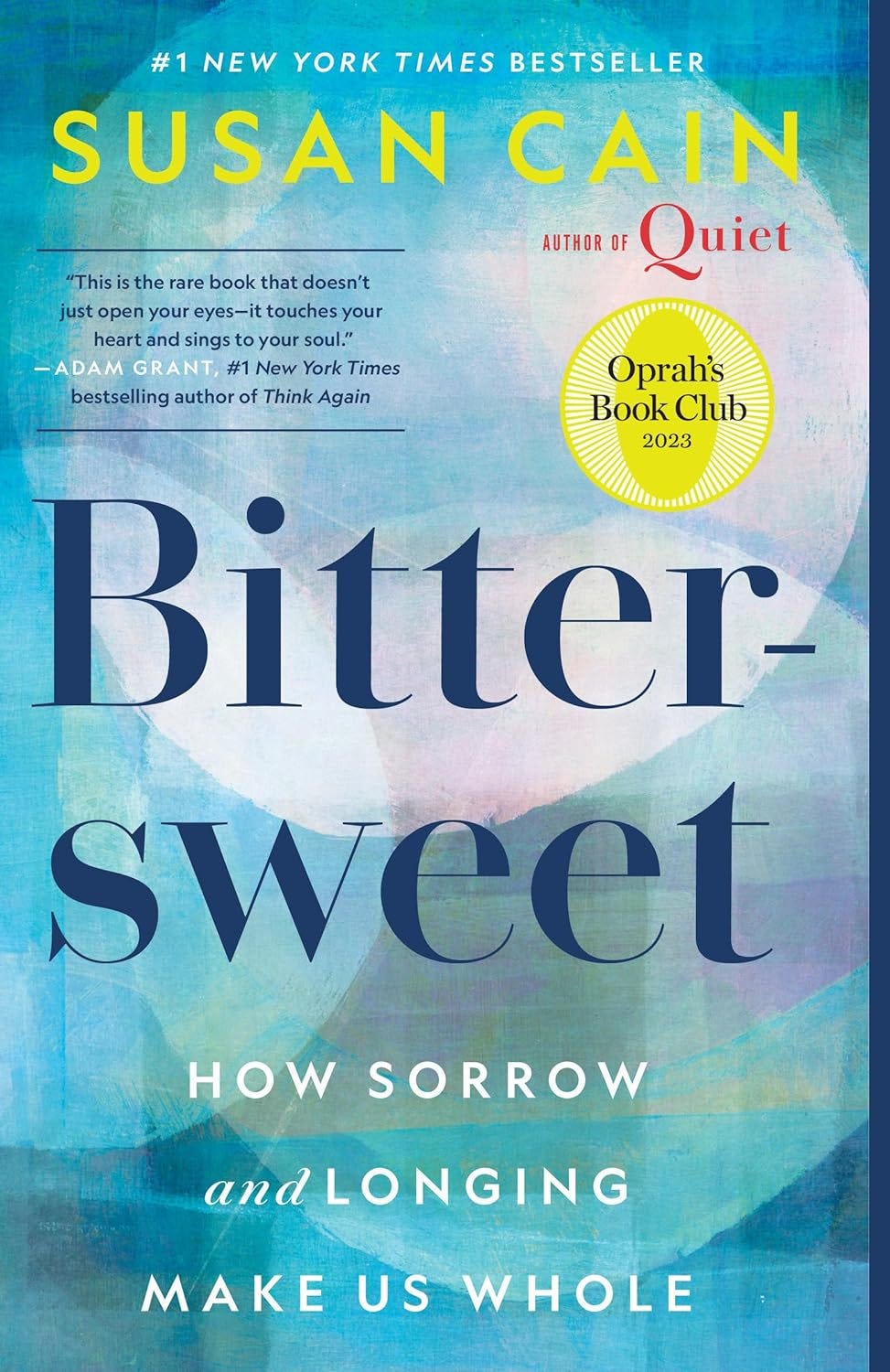
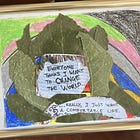

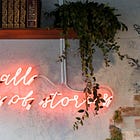


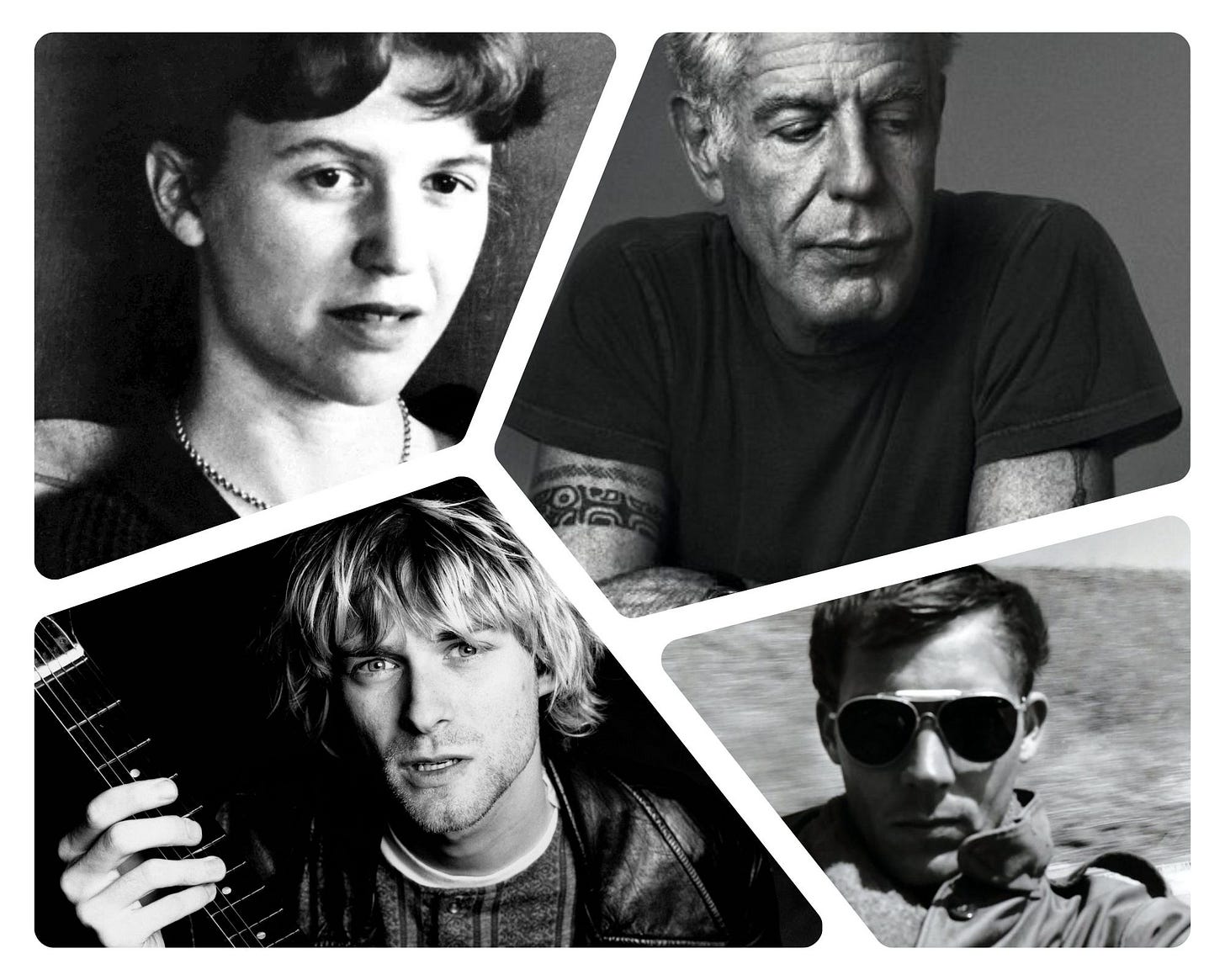
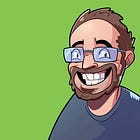
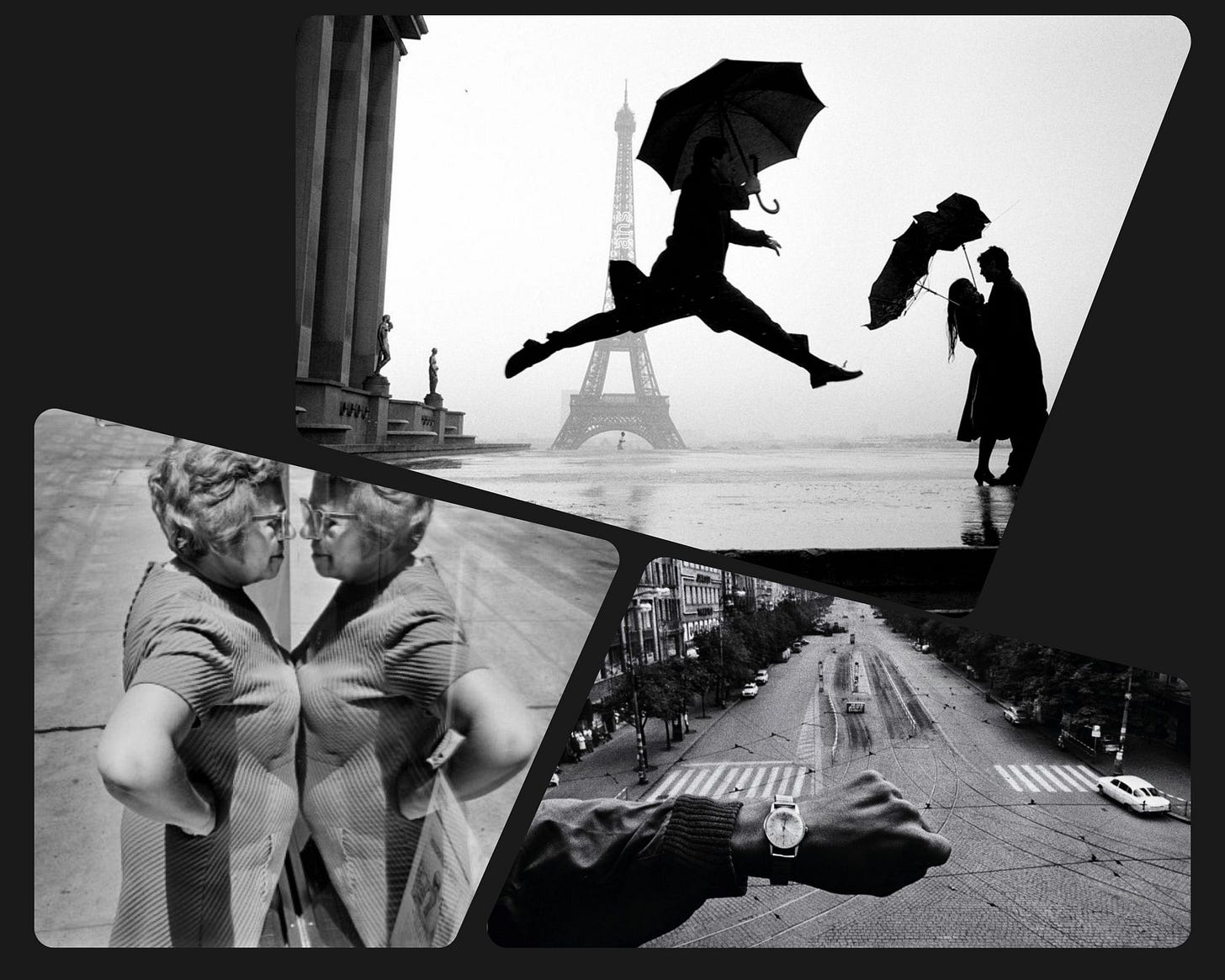
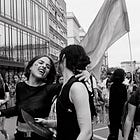
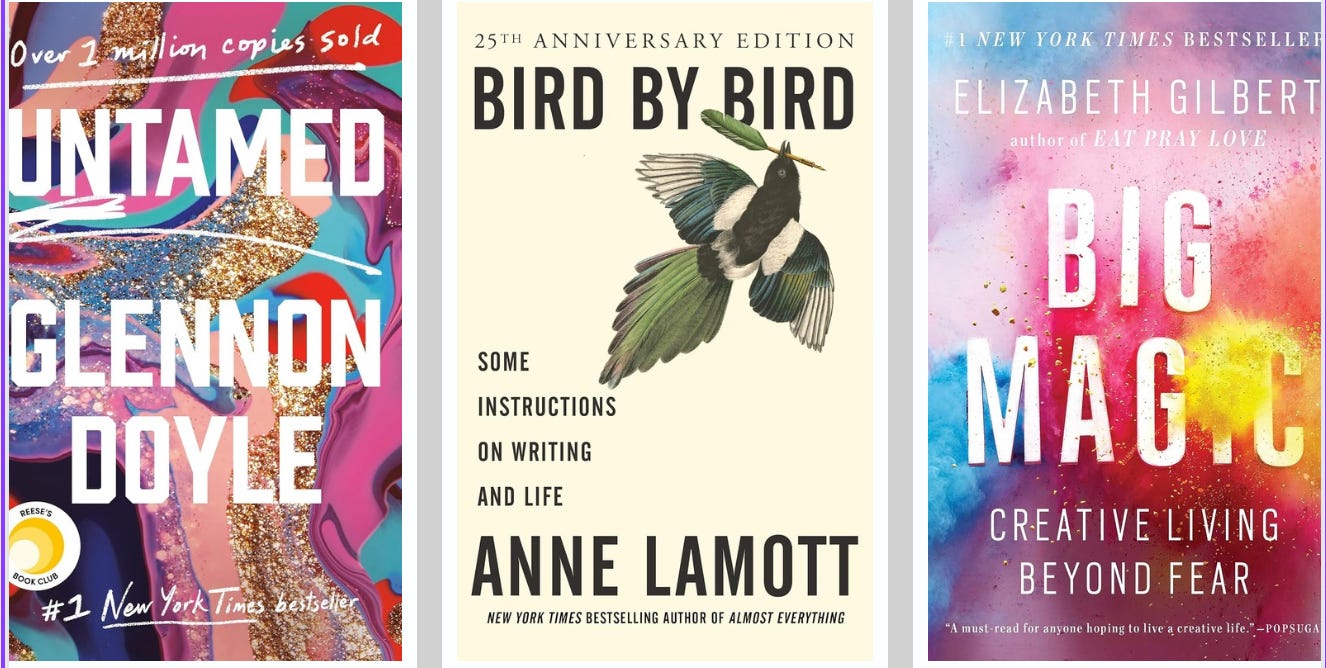


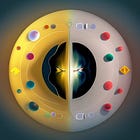
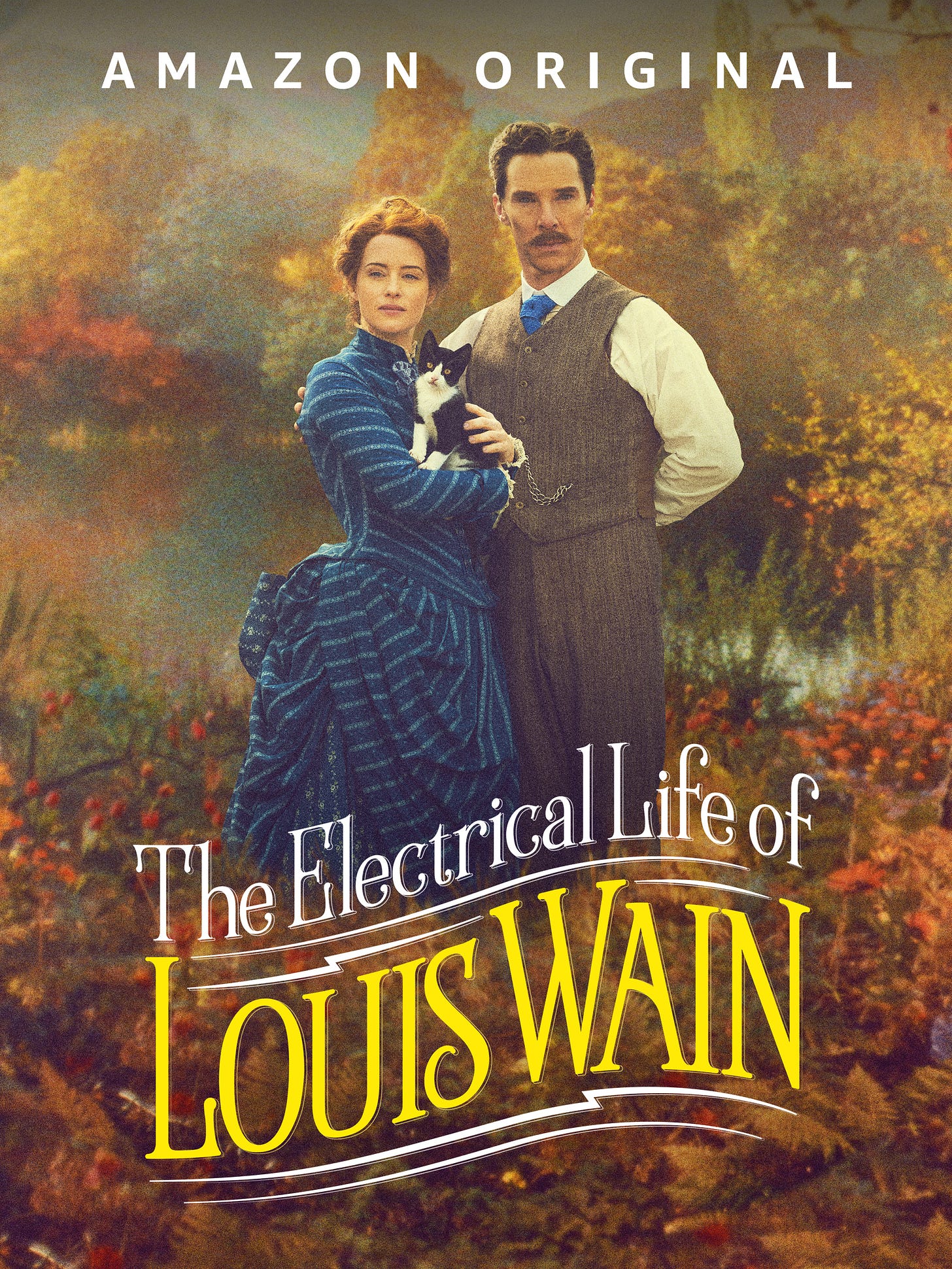
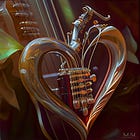
Thanks for sharing so many of these books and recommendations. I recognise a few and so many others look appealing! I’d love to filll in your interview questionnaire but don’t have it in me today. Hope I can comeback to it another day 😎